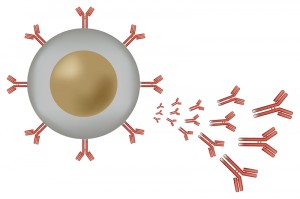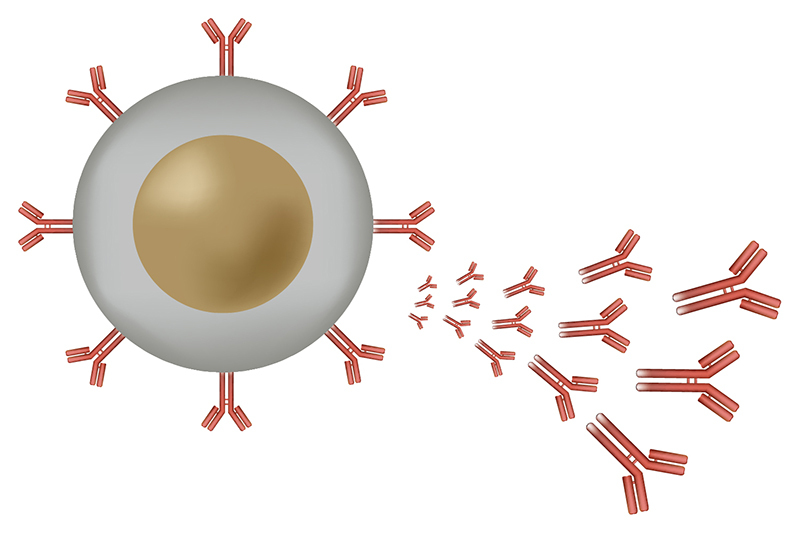 Reportstack, a provider of market research reports, has announced its pharma industry report on Monoclonal Antibodies Market in Gastric and Esophageal Cancers to 2019, entitled “Crowded Late-Stage Pipelines and Favorable Market Conditions Encourage Robust Growth.”
Reportstack, a provider of market research reports, has announced its pharma industry report on Monoclonal Antibodies Market in Gastric and Esophageal Cancers to 2019, entitled “Crowded Late-Stage Pipelines and Favorable Market Conditions Encourage Robust Growth.”
According to this report, due to favorable market conditions and the anticipated approval of a number of late-stage pipeline drugs, the market value for monoclonal antibodies (mAbs) in gastric and esophageal cancer treatment is expected to double by 2019.
Furthermore, the market for mAbs in gastric cancer will grow from $256m in 2012 to $501m by 2019, while the mAbs market for esophageal cancer will increase from $137m in 2012 to $265m by 2019.
To date, there is only one mAb that is available for both esophageal and gastric cancer, Herceptin, or trastuzumab, an inhibitor of the HER2/neu receptor pathway involved in cell proliferation.
Primarily used as a breast cancer therapy, Herceptin obtained approval from the US Food and Drug Administration for the treatment of gastric and esophageal cancers in 2010, with its patent expiring in the European Union in 2014 and in the US by 2019.
“Overall, Herceptin is able to improve survival times to a significant extent when compared with chemotherapy alone, without adding a substantial amount of side effects or safety concerns in Human Epidermal growth factor Receptor-2 (HER-2) positive patients. However, its efficacy is not sufficient to bring about a sustained remission in most cases of advanced disease, or to replace conventional chemotherapy completely in earlier stages”, Dominic Trewartha, Analyst for GBI Research, said in a PR Newswire press release.
Currently, there are 33 mAbs for gastric cancer and eight for esophageal cancer in the research pipeline. Additionally, late-stage trials include some novel drugs that have demonstrated some clinical and commercial potential. However, it seems that none of these products can offer significant improvements over existing therapies.
“There is still a need for stronger products with superior efficacy to treat both gastric and esophageal cancers in the metastatic and early settings periods. Also, with a large HER-2 negative patient population that is not eligible for treatment with Herceptin, there is a strong unmet need and opportunity for therapies that are effective in these patients, including those who overexpress HER-2,” Trewartha added in the press release.


